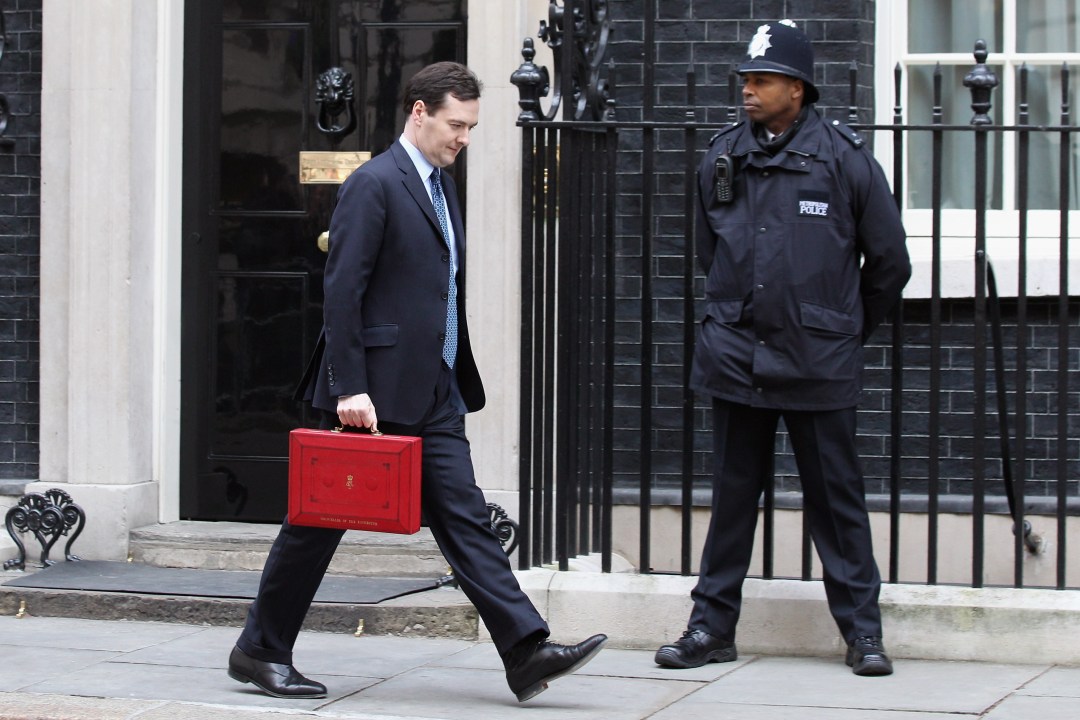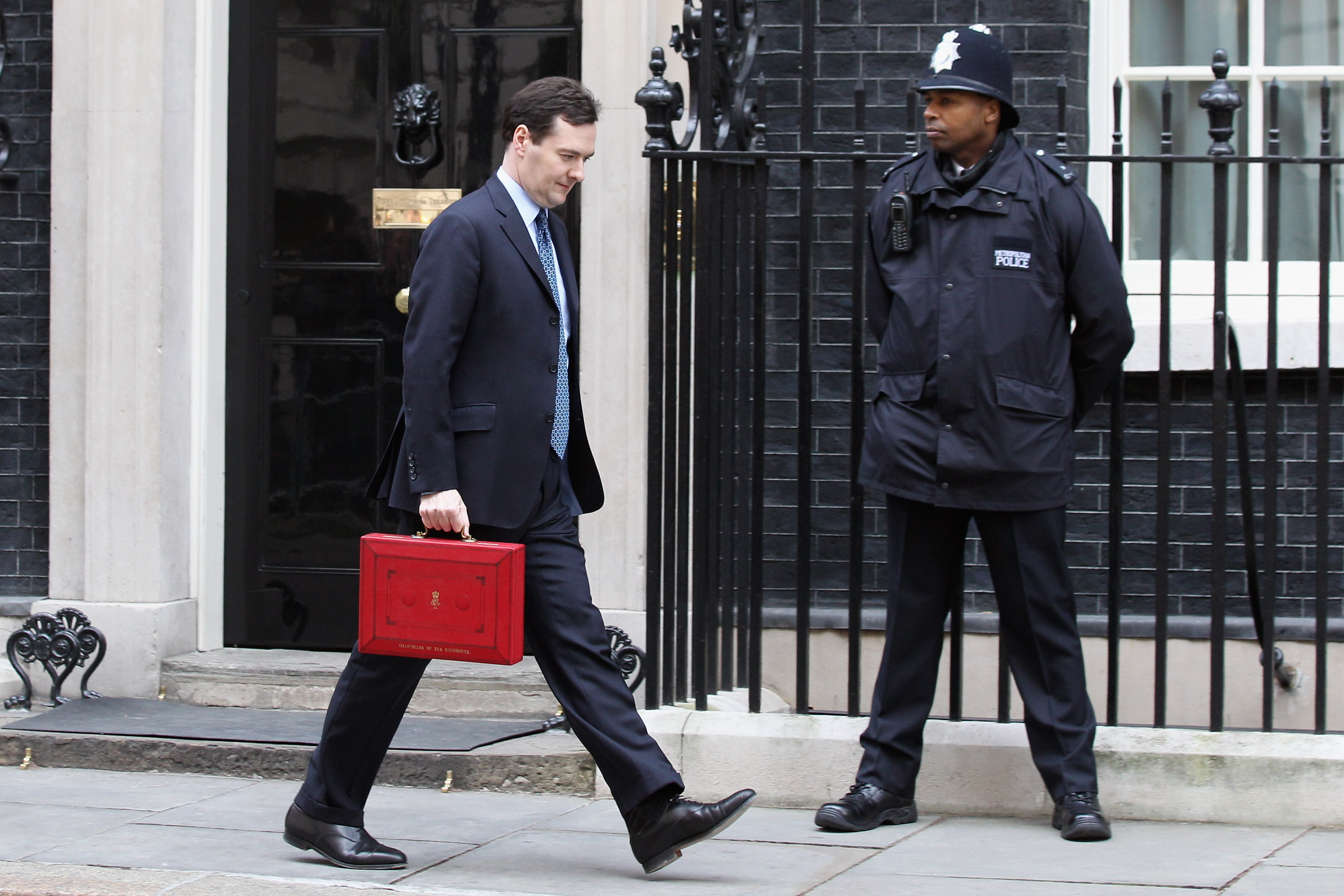So, George Osborne has taken a look at the tax arrangements of some of
the UK’s wealthiest people. And his reaction? ‘Shocked’, apparently — or so he’s told the Telegraph:
Last month, Nick Clegg expressed similar outrage about his discovery that:‘I was shocked to see that some of the very wealthiest people in the country have organised their tax affairs, and to be fair it’s within the tax laws, so that they were regularly paying virtually no income tax. And I don’t think that’s right. I’m talking about people right at the top. I’m talking about people with incomes of many millions of pounds a year. The general principle is that people should pay income tax and that includes people with the highest incomes.’
And it turns out the extent of tax avoidance by the richest is even greater than that. According to the Telegraph, the HMRC report that Osborne was shown found that multi-millionaires are paying an average income tax rate of just 10 per cent. Clegg’s response to the problem was to advocate a ‘tycoon tax’ — a minimum tax rate that everyone must pay on their earnings. It’s very similar to the ‘Buffett Rule’ that Barack Obama’s campaign hopes to make ‘one of the defining issues’ in this year’s US presidential election. Democrats plan to introduce a minimum tax rate of 30 per cent on those earning more than $2 million, and have introduced a bill in the Senate to that effect. Clegg’s proposal didn’t quite make it into the Budget here, though. Instead, Osborne introduced a cap on the reliefs that the rich use to reduce their taxable income.‘There are hundreds of people earning millions per year who are barely paying 20 per cent tax, forget 40 per cent, forget 50 per cent, forget 30 per cent. They are not even paying 20 per cent.’
The Telegraph says that the HMRC report ‘found that Britain’s 20 biggest tax avoiders have used three main loopholes to legally reduce their income tax bills by a total of £145 million in a year’. Those loopholes are the reliefs on business losses, interest on business mortgages and charitable donations — all of which are currently unlimited. Under Osborne’s plan, the total amount of tax relief an individual will be able to claim under any combination of these (and a few smaller reliefs) will be 25 per cent of their income or £50,000, whichever is larger.
But the proposal has come under fire, and not just from the usual anti-tax suspects. The ‘Give it back, George’ campaign, calling for the Chancellor to ‘exempt charitable donations from the plans to cap personal tax reliefs’, is supported by organisations such as the Charities Aid Foundation, the National Council for Voluntary Organisations and Cancer Research UK. They’re all concerned that the cap will make people less likely to make big donations. And, indeed, Ronald Cohen — the chair of the recently-launched Big Society Capital — told Channel 4 that the move could do more harm to charities than his fund could do good.
So will we see another Treasury U-turn on this element of the tax avoidance crackdown? The Budget itself hinted at the
possibility, saying that ‘The Government will explore with philanthropists ways to ensure this new limit of uncapped reliefs will not impact significantly on charities that depend on large
donations’. In response to the concerns, David Cameron reiterated that view, saying last
week:
But the Treasury is firm on the need to cap these reliefs, with sources telling the Telegraph that ‘the system is open to abuse as people are giving money to foreign charities which they have often established themselves’. Osborne seems to think his and Cameron’s commitment to philanthropy can be fulfilled without a policy reversal. In today’s article he says:‘As the chancellor said at the time of the budget, we want to engage with you and with everyone in the philanthropic sector to make sure this doesn’t have a harmful impact on philanthropic giving, particularly on those charities that can be dependent on large donations.’
But will he be able to deal with it to the satisfaction of those who want to see tax dodgers clamped down on but charitable giving encouraged too? With the official consultation not scheduled to start until ‘the summer’, don’t expect an answer very soon.‘I was very clear in the budget that we are specifically looking at making sure we are still encouraging philanthropy and charitable giving. But that is a specific issue we can deal with.’







Comments